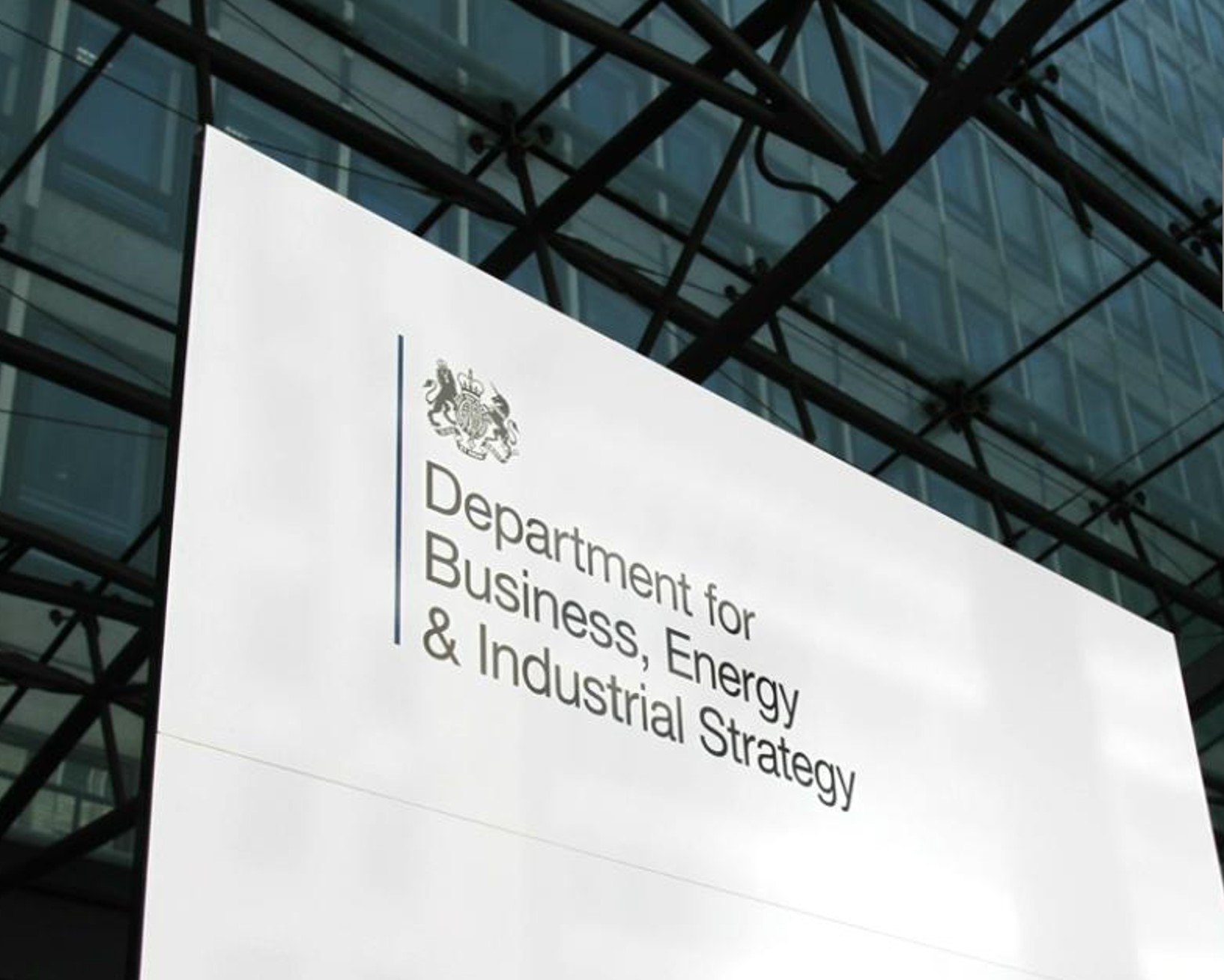A press release from Government announcing a tariff extension to the Non Domestic Renewable Heat Incentive (RHI) has brought market confusion and threatened the financial support for thousands of shovel ready low carbon schemes, as the true nature of the announcement has been revealed by industry.
Described as a ‘boost for renewable heat projects as government confirms tariff extension’, the reality of the extension is only applicable to those in receipt of tariff guarantees or to those that apply for a tariff guarantee and are able to provide evidence of Stage 2 Financial Close before March 2021, earning the applicant one extra year – until March 31 2022 – in which to get the installation work completed. The deadline of March 2021 however remains for all other applicants to the Non Domestic RHI.
Experts at the Kensa Group, a ground source heat pump manufacturer and installer partner, have been quick to identify the announcement has been widely misreported as an extension to the Non Domestic RHI scheme (which remains due to close in March 2021), leading to widespread confusion, as David Broom, Sales Director of Kensa Contracting comments,
“Misinterpretation of the Government’s announcement has understandably led to clients wrongly assuming the Non Domestic RHI has been extended, and thus taking the pressure off applications. The truth is the Non Domestic RHI has not been extended – the extension only applies to tariff guarantees, which will not be applicable to the majority of our clients due to tariff guarantees eligibility criteria for projects in excess of 100kW capacity; many social housing schemes will fall below this threshold.
“With the Non Domestic RHI on course to end in March 2021, the confusion surrounding the tariff guarantee extension could be significantly damaging to pipeline schemes in the renewables industry, which would otherwise bring immediate carbon savings, vital if we are to achieve our 2050 objectives. Any delay now could be financially and environmentally damaging.”
Presently there is a hiatus between the end of the Non Domestic RHI on March 31 2021 and any future scheme of at least one year. In two recent Consultations with industry the Department for Business, Energy & Industrial Strategy (BEIS) has proposed a narrow range of options for low carbon heat support beyond the Renewable Heat Incentive and it is seeking views on its proposals in a consultation that is due to close on July 7 2020.
The Future Support for Low Carbon Heat, proposes a £2.2bn Green Gas Support Scheme (GGSS) and a £100m Clean Heat Grant to support the installation of Heat Pumps. Parallel to this Government is seeking opinions on a series of reforms to the NDRHI scheme, prior to its closing in March 2021, ‘in order to deliver ongoing value for money to the taxpayer’.
Karl Drage, Director of Business Development at the Kensa Group comments,
“A follow-on scheme to the RHI is an opportunity to ensure that the transition to renewable heat is appropriate, cost effective and achieves the aims of getting closer to net zero across the building stock. Government led schemes, to date, have failed to make significant progress, and this is a critical time on the path to 2050.
“All stakeholders in the heat sector are looking towards the transition to low carbon, renewable heat. Which will entail the large-scale replacement of fossil fuel burning boilers by heat pumps powered by an electricity grid with a low carbon factor.”



